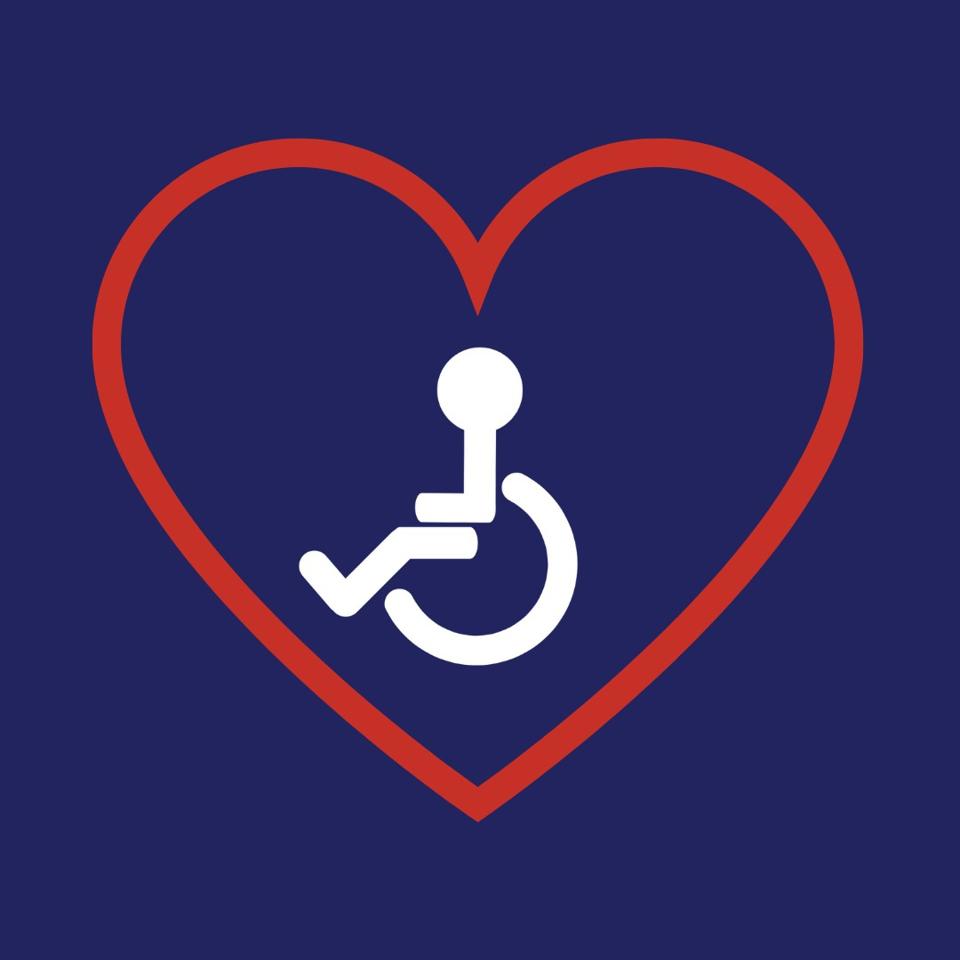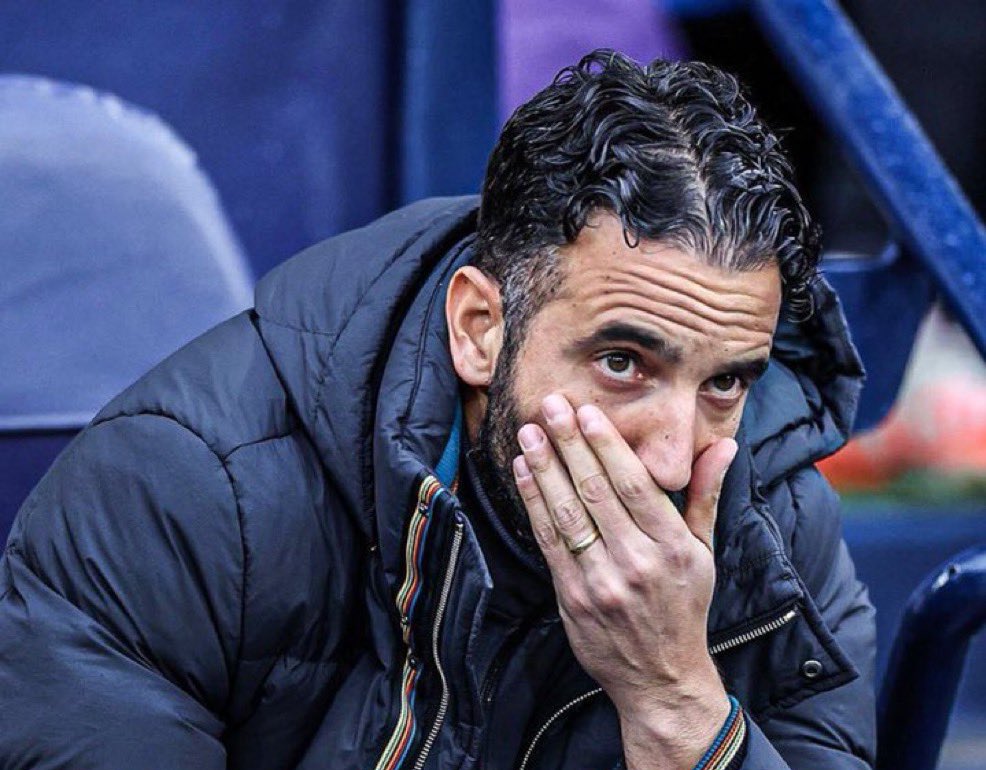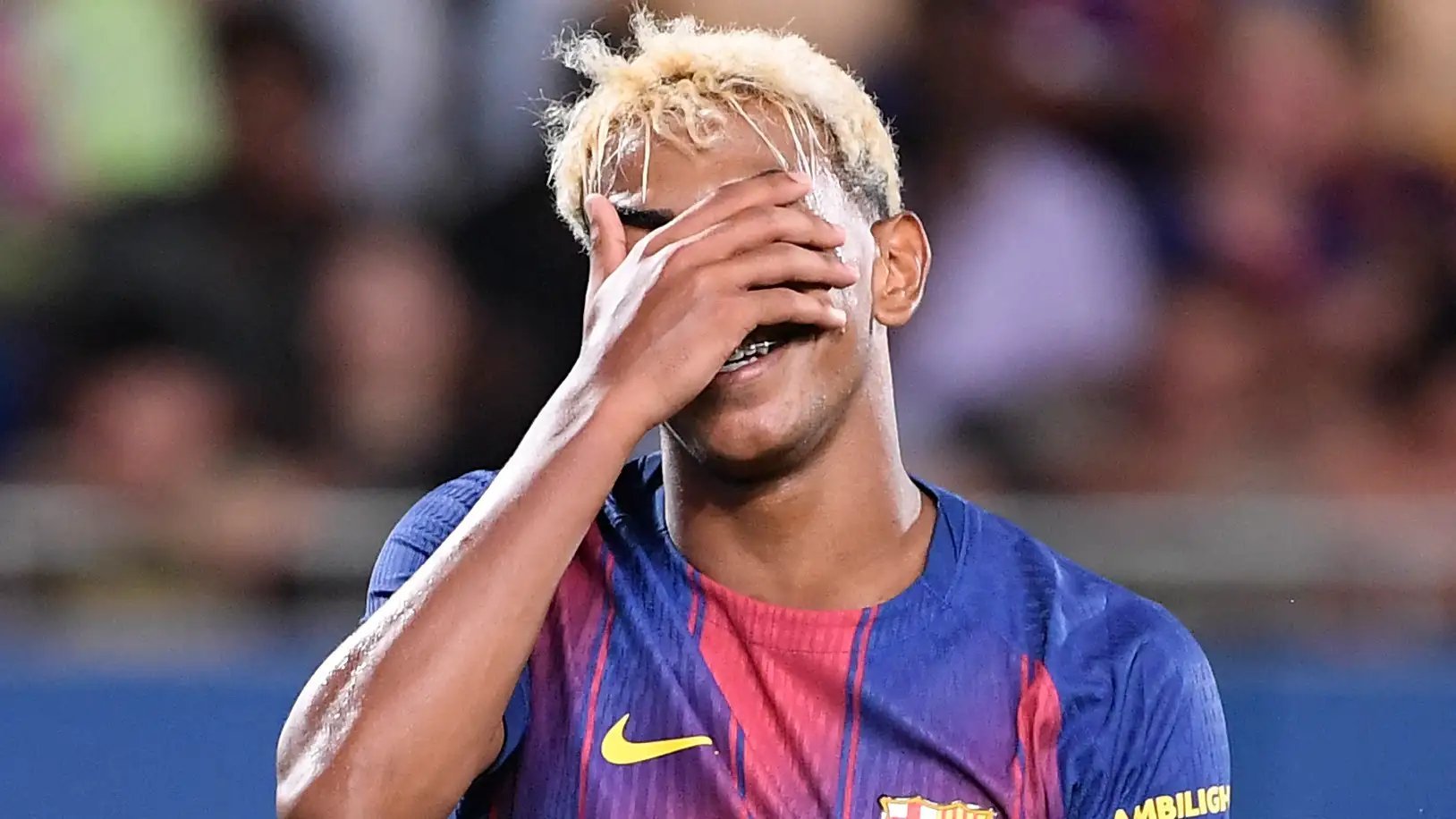Love Beyond Labels: Finding Romance in a World That Often Looks Away

By Priscah Elsie
In a society that often sees disability through a lens of limitation, the idea of love, intimacy, and partnership among people with disabilities remains misunderstood and at times, invisibilized.
From whispered judgments to outright rejections, many people with disabilities are forced to battle not just for access to buildings or opportunities but also for something deeply human: the right to love and be loved.
But despite the odds, many are writing powerful, tender, and transformative love stories that challenge stereotypes and redefine beauty, desire, and connection.
“Am I Dateable?”: The Unspoken Struggles
This experience is not uncommon. Studies have shown that persons with disabilities are frequently viewed as either “asexual” or “dependent,” making them less likely to be seen as potential partners. It’s a social stigma that cuts deep.
“I used to ask myself if I was lovable. I think many people with disabilities do not because we aren’t, but because we’re made to feel like we’re not enough,” Mark adds.
Love “in Spite” and “Because of” Difference
Yet not all stories are shadowed by rejection. Some blossom in unexpected places.
Relationships aren’t about one person “saving” the other it’s about balance, learning, and mutual care.
Fighting Cultural Silence
In many African communities, conversations around disability and romance are often avoided altogether. For women, the stigma is even more severe.
“People ask, ‘Who would want to marry her?’” says Achieng, 30, who was born with limb differences. “As if I have no right to companionship or children.”
Some families go as far as to hide disabled relatives, out of shame or fear of community gossip. In such environments, simply being visible let alone falling in love becomes an act of resistance.
Digital spaces, however, are changing the narrative. Social media platforms have become places where persons with disabilities share their love stories unapologetically, gaining both support and visibility.
Redefining Love, Together
More and more couples are showing that love among people with disabilities or between able-bodied and disabled partners is no less real, passionate, or worthy.
But what they ask for is simple: recognition, not pity; respect, not assumptions.
“Love doesn’t come with a manual,” Grace says. “But I know it’s not limited by how we walk, talk, or see the world. If anything, our differences have made our love deeper.”
The Heart Doesn’t Judge Why Should We?
At its core, love is about connection the kind that transcends bodies and breaks the silence of social bias.
It’s time we expand our understanding of beauty and attraction.
Time we stopped seeing disability as a barrier to romance, and started celebrating the resilience, tenderness, and honesty it often brings to relationships.
Because love, when it’s real, doesn’t need perfect bodies. It only needs open hearts.
Tags: NCPWD Signstvkenya
Related
Share this article
Experienced and versatile writer, dedicated to using my exceptional writing and editing skills to inform and advocate. My work focuses on educating and entertaining readers on a range of topics, with a particular expertise in matters of disability.
View articles

